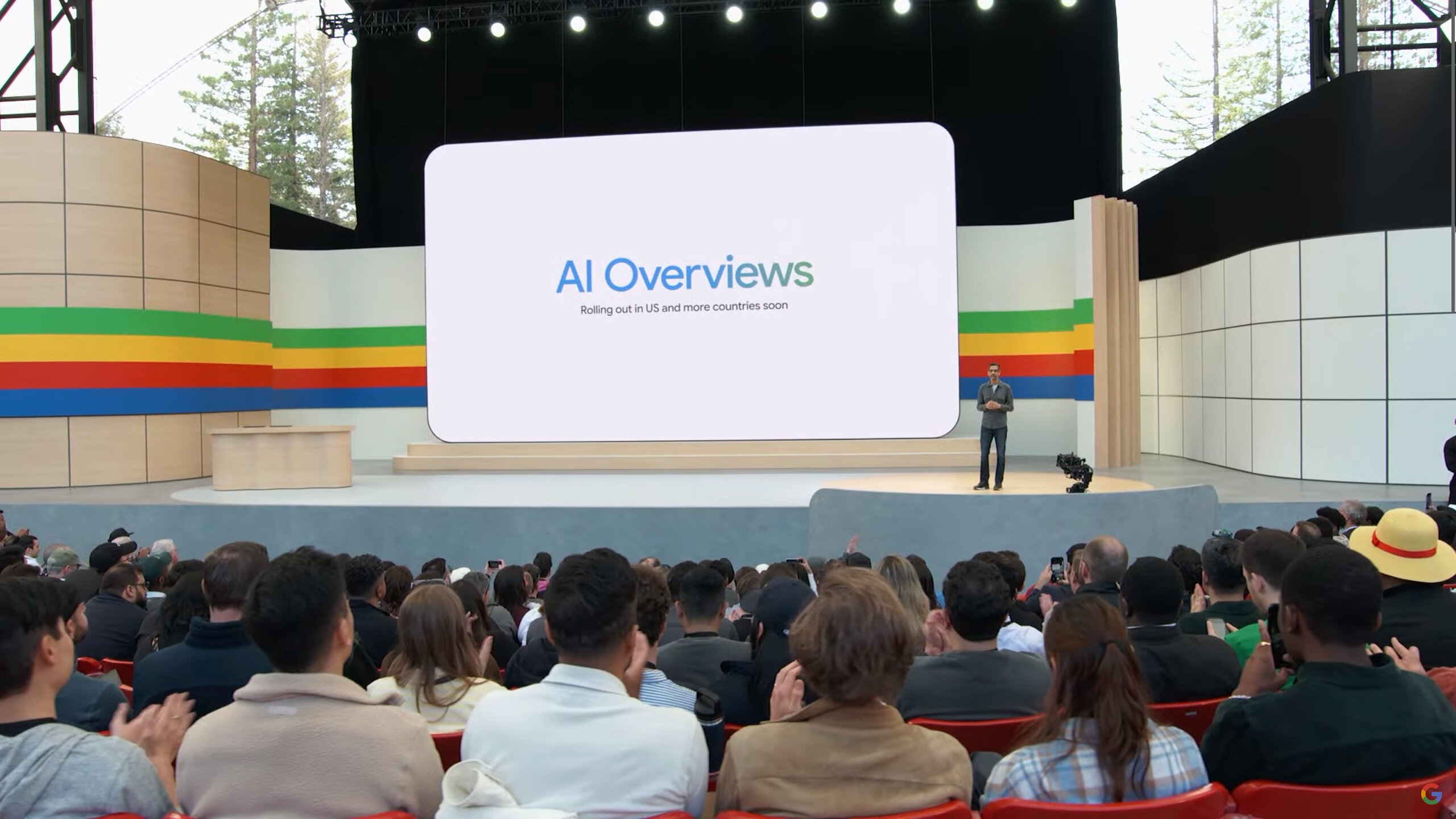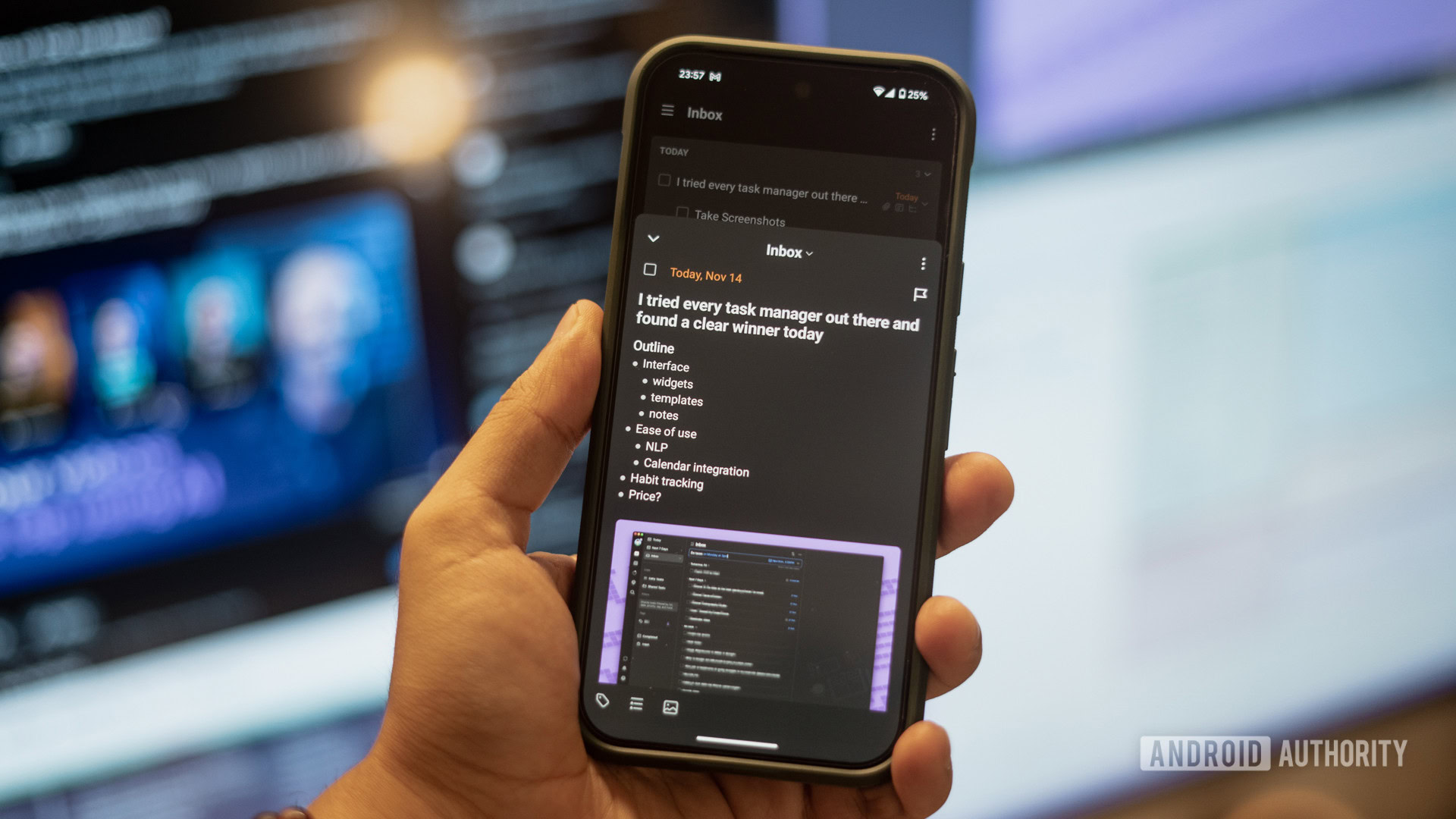Director Pablo Leon and producer Jonathan Coria’s animated short follows a journalist documenting three different people who lived through the tragic 1980s in El Salvador, exploring themes of childhood loss, violence against women and the indigenous population, and regaining a sense of hope for the future.
The Salvadoran Civil War – the fight between the government of El Salvador and the former guerilla rebel group Farabundo Martí National Liberation Front – lasted more than 12 years, carnage replete with kidnappings, torture, and murder.All told, between 1979 and 1992, more than 75,000 people were killed, along with approximately 8,000 people who “disappeared,” according to the United Nations (UN).
The start of El Salvador’s civil war coincided with the 1979 victory of the leftist Sandinistas in the Nicaraguan revolution and with the ongoing civil war in Guatemala (1961-1996), and the subsequent Contra war in Nicaragua (1981-1990).So much death.So much loss.
And, according to Guatemalan author and filmmaker Pablo Leon, barely a word is spoken about it. “I was born in 1985 and grew up at the tail end of our 36-year-long civil war, where the conflict is winding down but there’s still this tension,” shares Leon in an interview with AWN while attending the SCAD Savannah Film Festival (SAVFF) for his animated short .“When it ended, it just ended.No one talked about it.
Then, when I moved to the states, I found out no one knew about this conflict that cemented its influence in our country.” He adds, “Guatemala, Nicaragua and El Salvador, what I call ‘The Northern Triangle,’ are often ignored.We don’t hear much about them.I love when people share about their love of Latin American culture – the food, the art, the volcanoes – but I want to be real about the fact that our countries have seen a lot of conflict, and we really should talk about it.” Leon is known for his comic work, like his Eisner Award nominated comic “The Journey,” an account of an unaccompanied child coming from Central America to the United States.
But his animated short film follows a journalist who documents the experiences of three different people from different generations who lived through the tragic Salvadoran Civil War in the 1980s, exploring themes of childhood loss, violence against women and the indigenous population, and regaining a sense of hope for the future., which had a screening at SAVFF’s Professional Animated Shorts program, has won Best Short Film of Spanish-Speaking Nationality at ANIMAYO 2024 and Best US Latino Animation Short Film and the Los Angeles Latino International Film Festival 2024.Today, November 15, the film will screen at St.
Louis International Film Festival and CINANIMA - International Animated Film Festival of Espinho.It will also screen at ÍCARO International Film Festival in Central America November 23 - 30 and at Bogotá Short Film Festival’s BOGOSHORTS December 6.The 2D film is produced by 100 Volcanos, Dinamita Animación, Kojtanchanej Productions, Antigravity Academy, Streets Ahead Productions, and Ocelotl Productions.
“Stylistically, I lean toward a lot of clean, old European comics like ,” notes Leon.“The characters are drawn with a lot of simplicity to give us more freedom with their movements.And then the backgrounds are where we hammer on color and detail.” For a film about such horrific terrors of destruction and injustice, it’s surprisingly colorful and bright. “But that almost leans you into the film more and engrosses you more,” expresses producer Jonathan Coria.
“I thought that was an interesting juxtaposition because you got a subject matter that otherwise would not be presented in these ways, but the fact that it is makes it more accessible to the viewer.” The colorful style is also reflective of the true hearts of the people of El Salvador.From child to adult, many have seen fields of death, some have endured that violence firsthand and even taken someone else’s life.But they still carry vibrant hopes and dreams, even if buried beneath mounds of trauma.
Salvadorans are multi-layered people and the more one peels the onion, the more colors become revealed, and vulnerabilities expressed. And animation seemed to be the perfect conduit for a conversation about topics no one wanted to discuss.As one father character notes in the film, “Our youth needs to know.They need to be aware of this generation that lost so many good souls.” “It was initially going to be an animated documentary because I was super impressed with a film called ,” says Leon, who has also served as a background painter on shows like and .
“But as I was editing some things to fit, all the stories felt very similar and, since my training was in historical fiction, that’s how we ended up here.It took about two years to make from storyboard to final cut.But I had been working on this project since 2016.” But shifting from documentary to historical fiction didn’t mean narrowing down the stories wasn’t still a big challenge.
Three different subjects, three generations, all with their own war stories.Each one could have their own 10-minute short film. “It was a very delicate dance between Pablo and our editor Sandra Powers,” says Coria.“They were constantly collaborating back and forth.
Sandra had a lot of great opinions on timing, on where to find the sync point and where to find the emotional payoff.It was about reeling in these stories in a way where you’re not overstaying your welcome on certain moments.” Coria, known for his work on and, has roots in Costa Rica and says one of the reasons he was interested in working on was due to a reverence for anyone wanting to learn more about their heritage and history.However, Coria admits his Costa Rican home is “the Switzerland of Central America.” A very low-conflict zone. “But I’d heard stories growing up and, when Pablo pitched me this short, I was like, ‘I want to sink my teeth into this,” he shares.
“I’m paying tribute to that part of history that is more or less lost to the consciousness.When people see the movie now, whether they are Salvadorian or have no stake in that region, they’ll come up to us at the end of screenings and say, ‘Thank you for showing us this because now I know.” But there are plenty of people on Leon’s team with, as Coria puts it, “stakes in El Salvador.” In addition to executive producer Jonathan Rivas being Salvadoran, the father of voice actors Natalia Del Riego also comes from El Salvador and never told his daughter about the civil war. “People came to the U.S., built a life, and tried to shield their families from all the stuff they experienced back home,” explains Leon.“Unfortunately, that means they aren’t sharing their stories, and many weren’t getting the psychological help they needed to sort through their experiences.
That was one of the issues Natalia’s dad had and being on this movie helped her move forward knowing a bit more of his story.” Another voice actor, Kristelle Monterrosa, not only had ties to El Salvador, she’s related to the Salvadoran military general José Domingo Monterrosa Barrios who was a commander of the Armed Forces of El Salvador during the civil war. “He was responsible for ordering the El Mozote massacre, which is what our short focuses on,” says Coria.“We were in the booth doing her recordings and Pablo and I were like, ‘Her last name sounds familiar.’ But we’re already being so vulnerable in the booth that we didn’t want to bring it up to her.Eventually, she mentions it and says, ‘This is my means to try and right a wrong and, in my own way, repair what has been broken.’ We were like, ‘Wow.
The world is so small.’ It was a full circle moment.” Both Coria and Leon have been impacted tremendously seeing how their film has not only educated audiences, but helped heal their own cast.“There was one person who saw our film on the festival circuit and messaged me saying, ‘My mom passed away before I could talk to her about the war, but I’ve now started asking my older brothers what life was like back then,’” shares Leon.“Apparently these siblings had a fractured relationship, and this film acted like a bridge between them.
I hope our film continues to have that kind of impact.It’s the reason we created the film, to be a conversation starter.” Victoria Davis is a full-time, freelance journalist and part-time Otaku with an affinity for all things anime.She's reported on numerous stories from activist news to entertainment.
Find more about her work at victoriadavisdepiction.com.
Mano Animation Makes History with ‘The Glassworker,’ Pakistan’s First 2D Feature
‘The Siren’ Revisits the Bloody Iran-Iraq War Through a Teenager’s Hopeful Eyes
José Miguel Ribeiro Talks ‘Nayola’ and the Contagious Effects of War
Jonas Poher Rasmussen Talks ‘Flee’
All in the Details: Bringing the Story World Sequences of ‘The Breadwinner’ to Life
An Emotional Tale that Dazzles: Nora Twomey’s ‘The Breadwinner’









